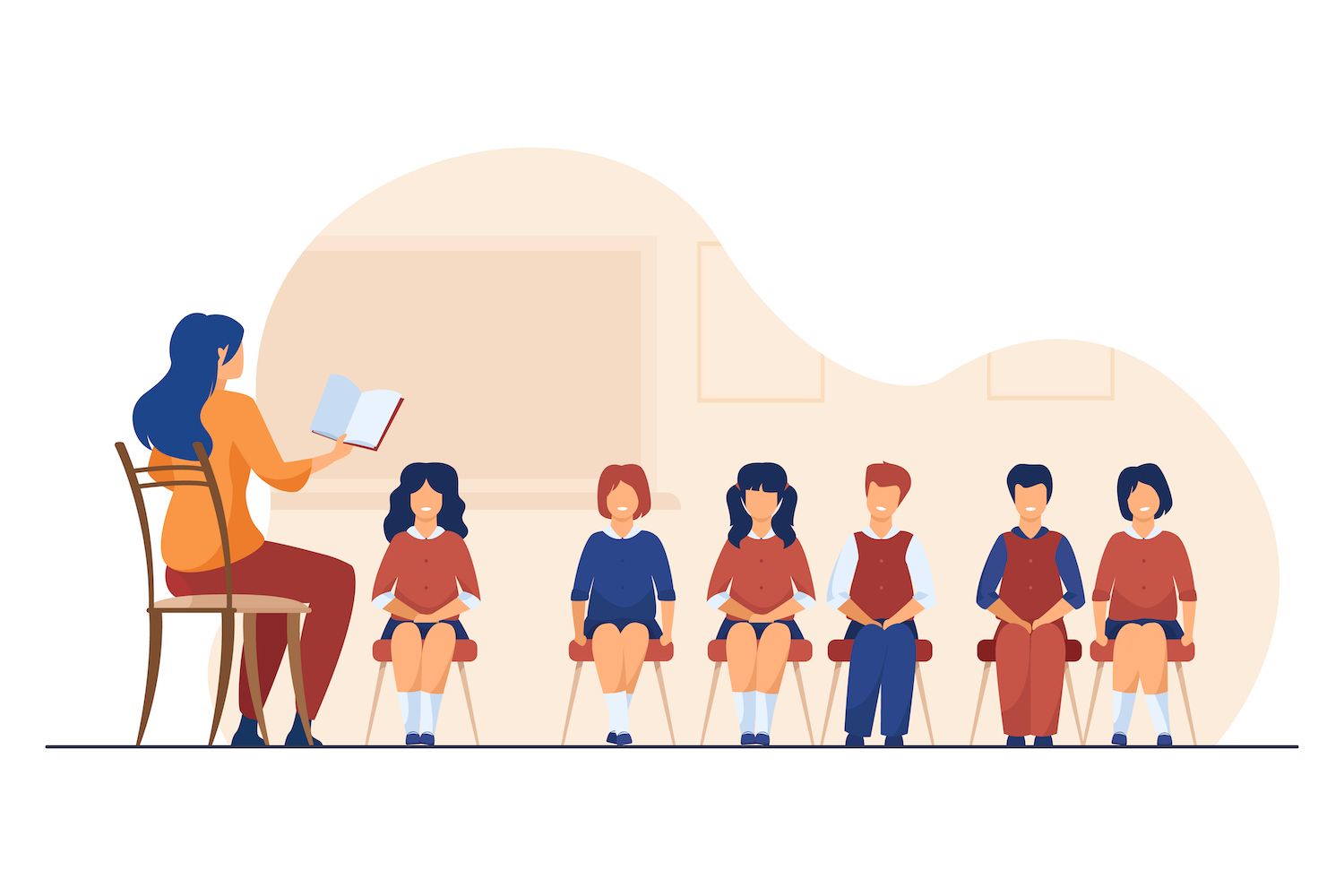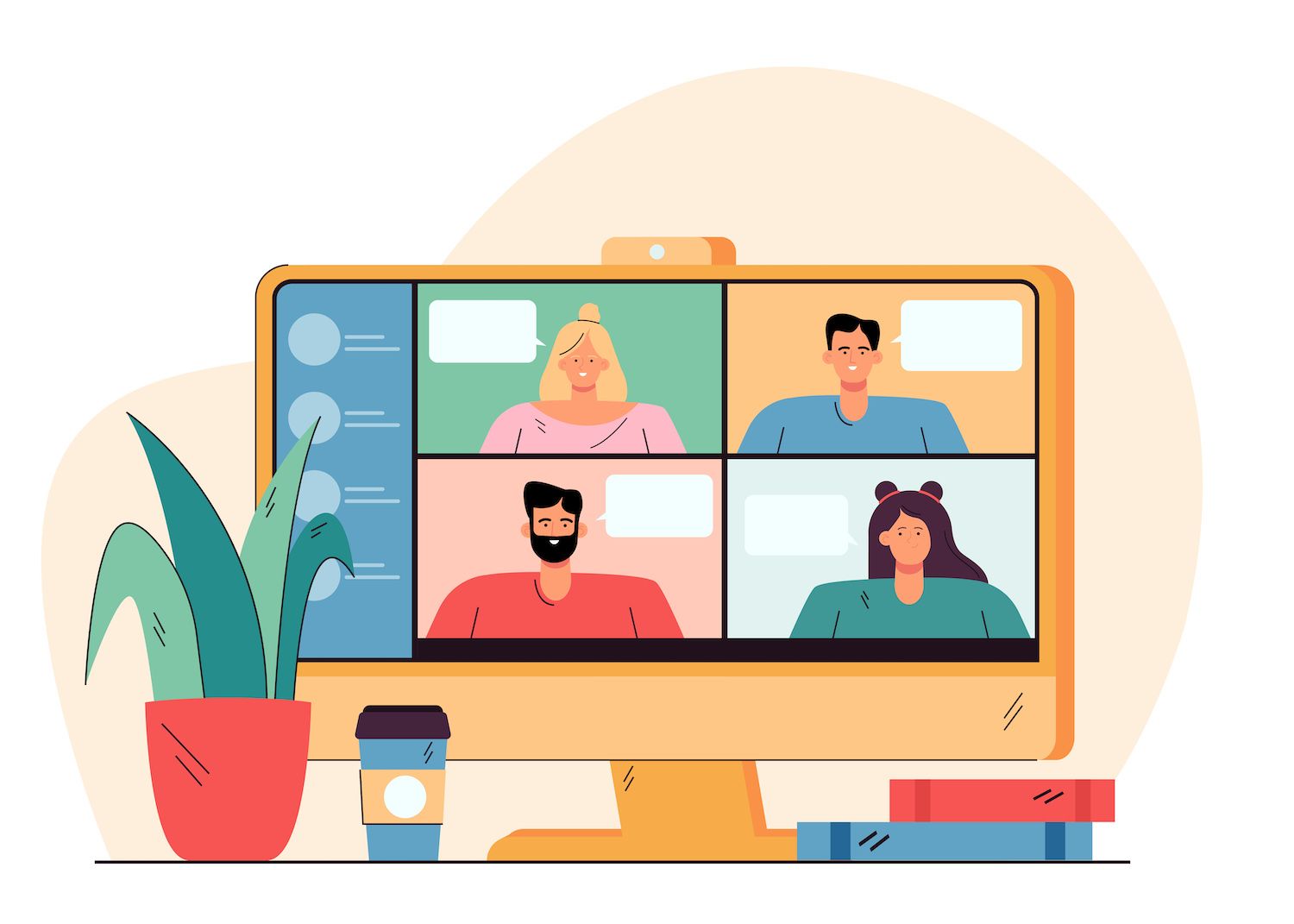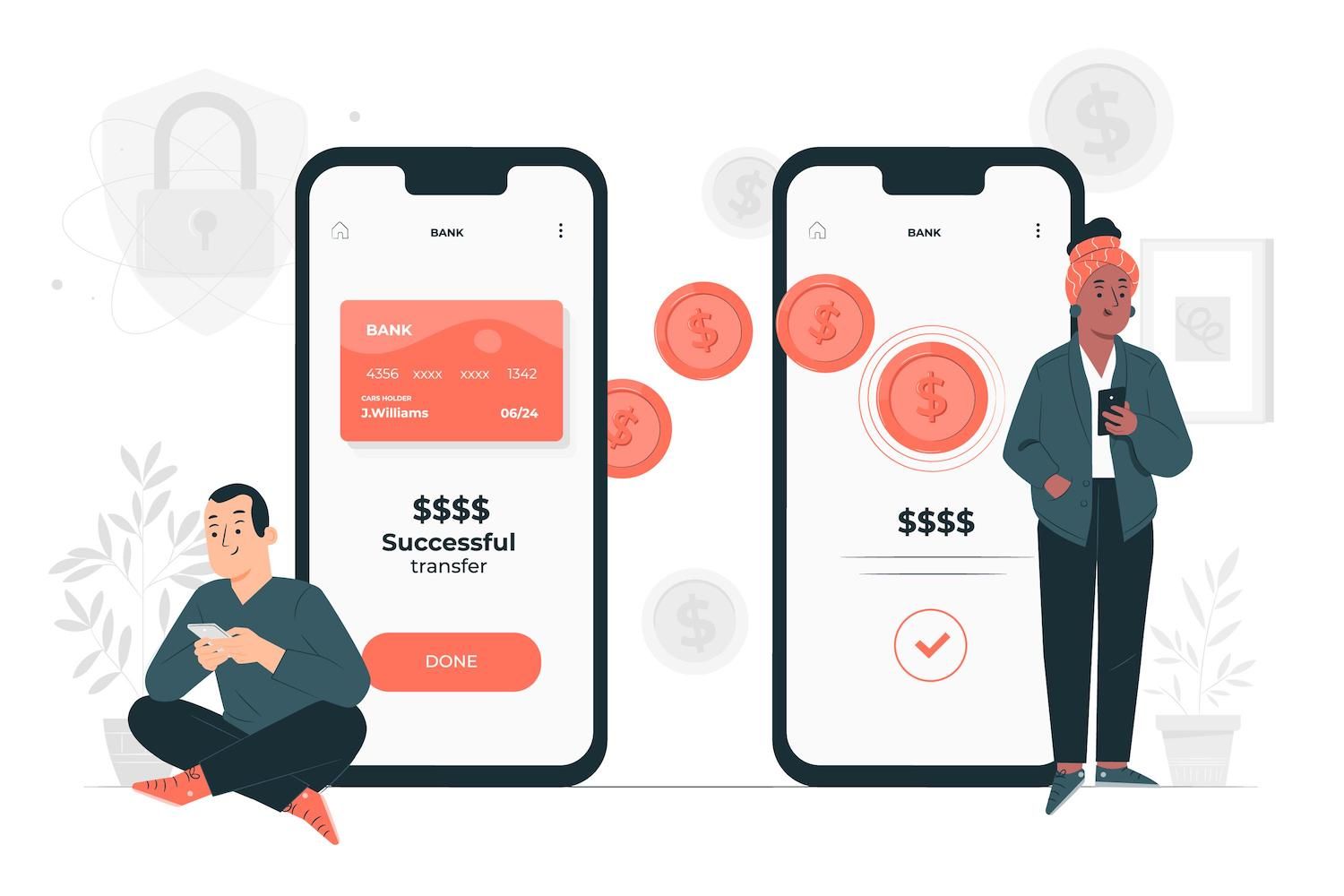How to sell a Mobile App or game outside App Stores -
Thanks to Tony Markov for contributing to this article!
If you're unsure of how to sell an app direct to consumer (D2C) beyond the apps stores or looking for a new method to make money from your game or mobile app and game, you might be wondering about what alternatives you can choose from.
High fees on platforms like the Apple App Store and Google Play are a reason that can cause game developers and app developers to think beyond the simplicity and ease of traditional marketplaces for apps, but restrictions from the platform providers are making it difficult.
However, because of ongoing court cases and the creation of new rules and laws the landscape of mobile phones is changing.
You might have more options than you thought -- but where do you start?
In this post, we'll cover:
- App store policies in effect and rates.
- A variety of tools you can utilize to make money with games and applications outside of app stores.
- Highlights of recent U.S. and European legal reports that could affect app sales and game revenue.
What is the way mobile App Stores Work Currently
The app store accounts for 99percent of the mobile OS market market share across the globe, Android with the Google Play Store as well as iOS with the App Store of Apple enjoy an advantage over mobile app distribution and e-commerce for mobile apps worldwide. As these markets begin to become more accessible and are becoming more accessible, it's important to know the framework that apps stores were previously operating under.
There's a plus, as the most popular app stores are utilized by nearly every person on earth with an mobile phone, their ability to attract new users for your app, or players to play your game is unparalleled. Then, app stores allow easy and simple for customers to download and purchase new apps and in-app purchases through a marketplace that they trust and using payment methods that they've saved to their account.
App stores allow app developers to market their apps. They also manage essential aspects of transactions, such as different payment methods and currencies, as well as fraud, tech support related to the transaction, and collecting and paying sales taxes.
But that ease of use can come at a steep cost for designers.
The Downsides of Monetizing via Major App Stores
Assuming your game or app can be accepted by the gatekeepers of the mobile app stores at the beginning, the complete lack of competitors means that the costs related to sales made through iOS as well as Google Play app stores are quite high -- typically at least 30%..
The same fees apply to purchases in game. That means, even if you plan to release a free app but monetize it using online purchases, your users and users will still be charged hefty fees to the app stores.
The Fees are Passed -or the savings -- to consumers
A few apps are starting to clarify that at least a portion of the high fees charged by app stores are passed on directly to the buyers, despite that there are lower-cost options instead.
Otter's 2023 Pro Pricing Updates
Otter changed its pricing plans at the mid-point of 2023. package pricing changes going into effect in the month of August 2023..

There was a noteworthy Pro option: Paying for a yearly subscription via Apple App Store or Google Play Store will cost users an extra $10, increasing the price by a significant amount, ranging from $119.99 to $129.99 USD.
To explain how users could avoid paying this fee, Otter placed a green "Tip" box just beneath that Otter Pro pricing grid, informing users that they can "Learn the steps to move their Apple App Store or Google Play Store subscription to Otter by Web ."

To resolve this price discrepancy more directly, in the FAQ section at end of the page states that that the price increase via apps stores "reflects the additional charges required for hosting the Otter.ai subscriptions both on Apple and Google's app stores."
The article goes on to specifically recommend that users remove their existing Apple App Store or Google Play Store subscription, and then re-subscribe via Otter's website.
The growing trend of Player Account Purchases for Video Games
Similar to Otter, many game app developers are offering discounted prices to customers who buy from outside the app through an external user account that's connected to the app.
Developers can advertise these kinds of user accounts and discounts on their websites.

Developers of apps make it simple for users to sign-up by opening the app on the phone, then pressing an icon to register a user account, and signing up.
Users can then purchase items from the website directly, for much cheaper than for similar transactions through the app. (More about user accounts here.)

The List of App Developers Selling D2C Will Grow
While there are many benefits to selling games and apps via apps and games through iOS App Store and Google Play however, the drawbacks of pricing and the limitations on game distribution mean that as court cases continue and new regulations open up the markets, more and many developers will wonder whether they could adopt the D2C strategy for their app or game.
How To sell Apps in other App Stores
Even though Otter's app is downloaded via the Apple App Store, or Google Play Store -- and Otter charges a more expensive price if users are paying annually for their Pro subscription using those stores -- there's an alternative that's less expensive to their customers: downloading the app from one of the stores, and then paying for their subscription on the Otter's website by using a different service provider.
This is a good example of the differences between the distribution of apps through marketplace for apps, as well as the possibility of monetizing apps through app marketplaces.
Even if downloads of your app are captive to proprietary stores, that does not mean that it's the only way users can pay for your service or features.
Here are some of the important things to think about when setting up your own revenue-generating option, independent of the major marketplaces for apps.
Choose a Payment Service
There are numerous options to pay for payments through payment service providers (PSP) and merchants of record (MoR) available that you could set up to accept payments that are not accepted by apps that are device-captive.
But there is a key differentiator between payment services companies in comparison to merchants of record.
PSPs help businesses sell their products by providing PSP assists businesses in selling their products through the specific services and connections needed to make it happen (such the connection of payment processors, payment gateways as well as a merchant account).
MoR MoR like does all that and takes on important responsibilities such as worrying about card brand rules, regulatory laws in a variety of countries, risk, sales taxes and VAT, among others. It also includes collecting, calculating, and remitting taxes.
Why Not Just Pick a Lower-Cost Solution Like Stripe?
Stripe offers multiple upgrade options to help fill in those gap, however each upgrade is going to make the prices higher.
User Accounts
For the purpose of connecting purchases from your checkout options as well as your app downloaded from an app market place, you'll probably require a user account system for users to monitor their purchases and receive in-app credits for their purchase.
Users' accounts allow them to buy items from their App Store or Play Store, then sign into the app for the credit to be reflected there.
In the case of , we also provide customers with customer support -- so if they have any issues concerning their purchase, or with their purchase account, we'll be on hand to help.
Purchases tied to users accounts usually take the form of currency in-app or subscriptions.
In-App and In-Game Currency
For monetizing your app with game currency or in-app, the currency is purchased using real money on your website and later redeemed in your app for things, features, etc.
For several games on mobile devices, the applications use in-game currency like gems, coins gold, gems, or even a special fictional currency which players can use to earn bonuses in the game. It is usually bought in a variety of packages including web-exclusive prices in the event that users exit the app and purchase directly from the game developer's site.
Subscriptions
Instead of individual purchases when necessary, you might prefer to offer access to your application (or the features and premium services) through a subscription service, typically available either monthly or annually.
In addition to a no-cost option The Otter's services are offered in yearly or monthly subscriptions.

items and upgrades
Items and upgrades are yet an additional option to monetize your application. They can work independently of different options, such as subscriptions or the in-app currency or may work together in conjunction with them.
In the case of Otter that offers an unpaid version of their service (either through their website or via their mobile app), upgrades such as more transcription minutes teams, collaboration with colleagues, and advanced export options help motivate users to join their Business and Pro plans.
For gaming apps, the possibilities are nearly endless -- including exclusive characters, items, power-ups, and more to motivate players to shop via the website and redeem within the application.

Legal News Re: App Sales and Monetization
If you're not aware of the recent and ongoing legal battles that could impact both Google and Apple's stores in some manner it's been a few within Europe and the U.S. and Europe alone.
The Digital Marketing Act (DMA)
Epic Games' Lawsuits
Following the incident, Epic Games used discounts to promote Fortnight users to use discounts, and encourage Fortnight users to use an alternative payment method instead of the app marketplaces, both Apple and Google subsequently removed Fortnight from their marketplaces in the year 2020. Epic Games then separately sued both Apple and Google.
In the Google appeals, the case will are ongoing, but an appeals court decision in December 2023 found in favor of Epic in every aspect.
State-Led Courts
Join With

